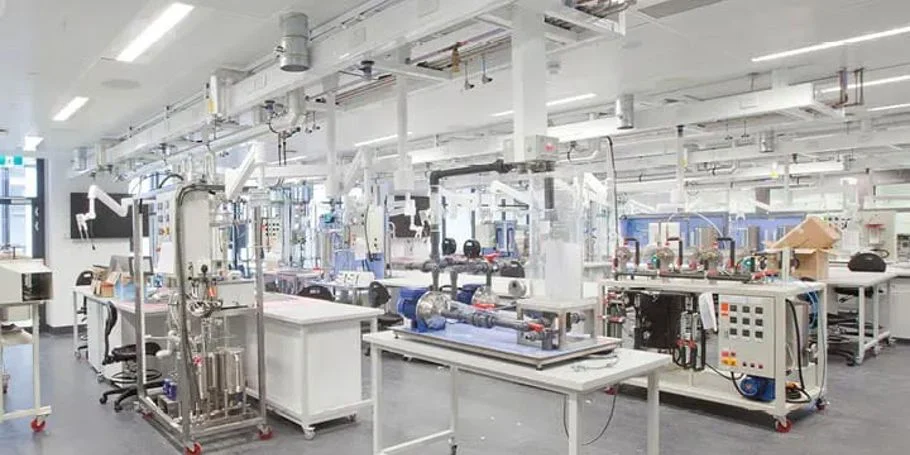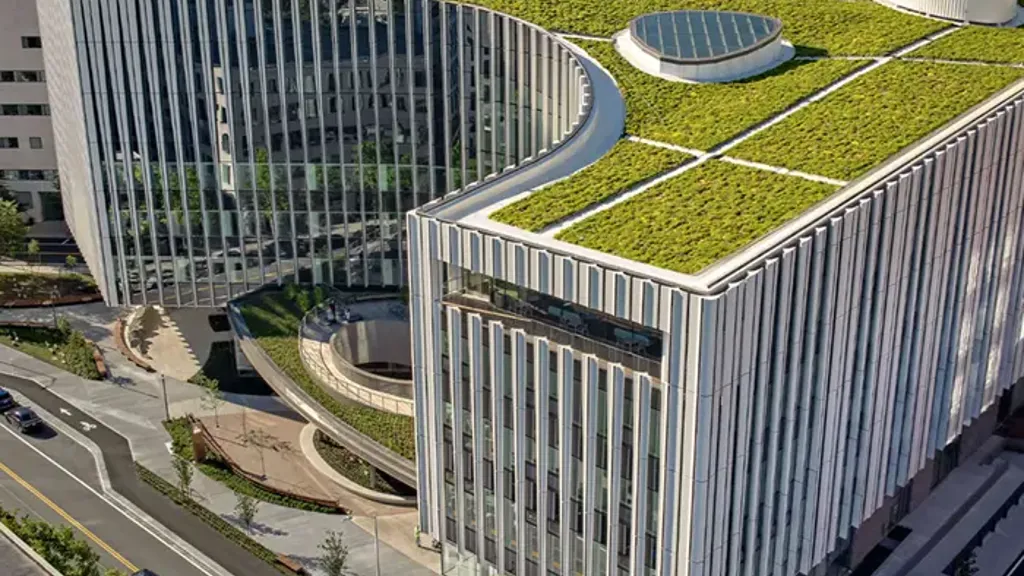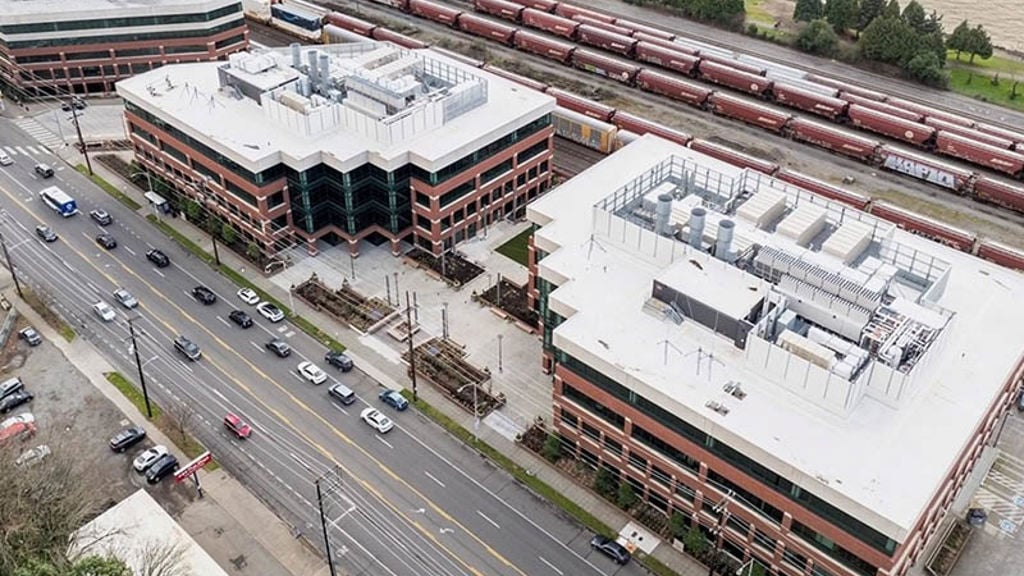Disruptive advances in biotechnology paired with cost-effective manufacturing and supply-chain management make speed-to-market a key success metric for many pharmaceutical companies nowadays.
To meet this fast-growing market demand, a leading Eastern Europe pharma group was keen to optimise operations at one of its plants in Poland.
Elevating life science facilities with production engineering
The expansion of the existing plant, specialised in soft gelatine capsules as well as liquid medications such as suspensions and syrups, would effectively double its production capacity. A new building within the facility would enable the company to tap into innovative inhalants for lung treatment.
The pharmaceutical group appointed Arup to manage the project and costs, as well as supervise the expansion of the plant, which includes a lab and two innovative, automated production lines. The brief was to create a more effective, scalable production process and manufacturing environment.
Pharma: multi-disciplinary know-how
Although it might look like a standard production plant from the outside, the building reveals a web of complex, mostly automated systems inside. The production plant features an advanced Building Management Systems (BMS), a central nervous system to regulate the overall operation of the facility including essential systems such as ventilation, heating and cooling.
Crucially for the facility, the BMS monitors internal environmental parameters including humidity, temperature and pressure, as well as automated gates, energy and security systems. The production plant includes a range of other required installations: a clean steam system, which ensures appropriate air humidity levels in cleanrooms, a technical steam system used for heating products, clean gas installations distributing nitrogen and helium, vacuum and compressed air systems, as well as a condensation system to gather condensate and enable valuable purified water to be re-used several times.
To implement these inter-dependent automated systems, we drew on our teams of in-house experts from across all disciplines– from HVAC and clean media systems to electrical engineering and automation.
Sourcing specialists from different providers poses a risk of dispersed responsibility, which could negatively impact the scheduled delivery. Our integrated and multidisciplinary approach helped facilitate and accelerate the project delivery while ensuring regulatory compliance including URS (User Requirement Specification).








